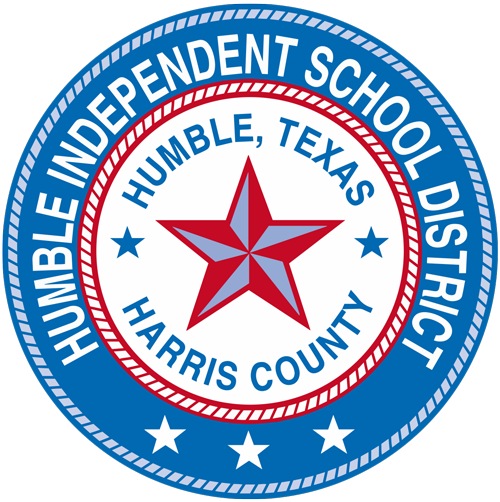Kingwood Service Association shared with Humble ISD that Kingwood residents have reported seeing an increase in the numbers of alligators at River Grove Park and East End Park. This area's waters have alligators and have always had them, and there are signs at the parks warning people about them. However, it seems that recently there is an increase in sightings and alligator activity.
As Humble ISD begins Spring Break, we want to share a reminder that these animals live in our area and to provide tips on alligator safety so that you can discuss it with your family.
Tips from Texas Parks and Wildlife:
Treat all wildlife with respect. Feeding, harassing, injuring or removing wildlife, including alligators, is against the law.
Stay safe around alligators by following these rules:
If swimming is allowed, swim only in designated areas. Alligators are more likely to be active at dusk and dawn.
Do not feed or harass alligators. It is against the law to intentionally feed a free-ranging alligator. Feeding or offering food, including fish or bait is not only dangerous, but a Class C misdemeanor punishable by a $500 fine.
Inform Animal Control or Texas Parks and Wildlife right away if you see an alligator in or near a pier or swimming area or if you see people feeding or harassing alligators.
Texas Parks and Wildlife Urban Wildlife Field Office – 281-456-7029
Harris County Wildlife Control – 281-509-9653
City of Houston Animal Control – 713-837-0311
Other tips:
Retreat: Keep 30 feet away from alligators at all times. If you get too close, back away slowly. Do not assume that alligators are slow and sluggish. They are extremely quick and agile and will defend themselves when cornered. They rarely chase people, but they can outrun or out swim the fastest person for the first 30 feet.
Hiss: If an alligator hisses, it's warning you that you are too close. Back away slowly.
Protect: A female protecting her nest or young may charge if you get too close, but will quickly return to the nest after you leave. Avoid piles of twigs, grasses and/or soil near the water. Also avoid any group of small alligators under a foot long.
Bask: Alligators often bask along the banks of ponds or streams. They are usually warming their bodies; they are not actively hunting. Often a basking alligator will have its mouth open. It is cooling itself, as alligators do not pant or sweat.
Pets: Pets are the size and shape of common alligator prey. Keep them away from the water’s edge and on leashes that are no longer than 6 feet. Do not let your pet drink from or enter the water in alligator habitat. Alligators have a keen sense of smell. Your pet will be curious, and the alligator may see it as an easy food source.
Fishing: Do not continue to fish near an alligator that is interested in your fishing line or catch. If an alligator takes your bait or fish, cut your line and move to a new location. Don’t use a stringer for your fish; keep them in a bucket.
Feeding: Nuisance alligators are almost always created by people feeding them. If you feed alligators on purpose or by throwing fish scraps, alligators will then associate food with people. Nuisance alligators must be moved or euthanized.
Do not attempt to move an alligator!
Notify one of these groups who can manage the alligator safely:
Harris County Wildlife Control – 281-509-9653
Texas Parks and Wildlife Urban Wildlife Field Office – 281-456-7029
City of Houston Animal Control – 713-837-0311
Get more information and safety tips regarding Alligators from Texas Parks and Wildlife at https://tpwd.texas.gov/state-parks/park-information/safety/alligator-safety.

